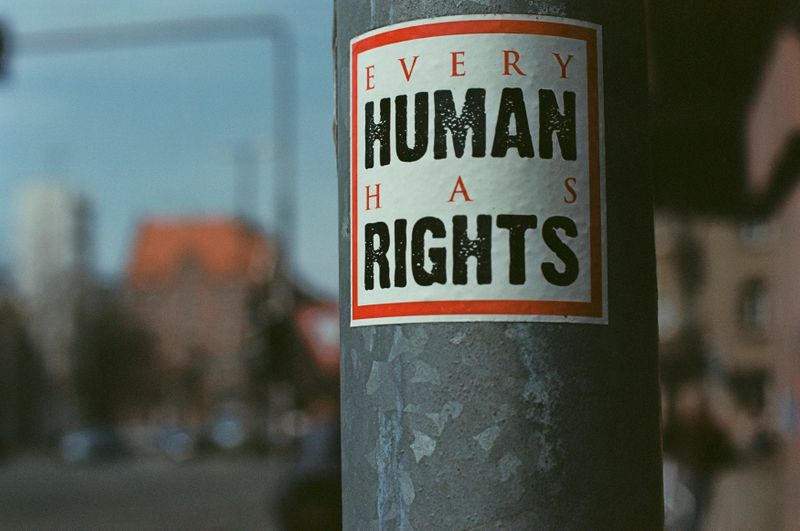"You have the right to remain silent."
If you've watched American TV shows, you likely understand the meaning of this sentence.
You may even know what follows it: "Anything you say can and will be used against you in a court of law. You have the right to an attorney. If you cannot afford an attorney, one will be provided for you."
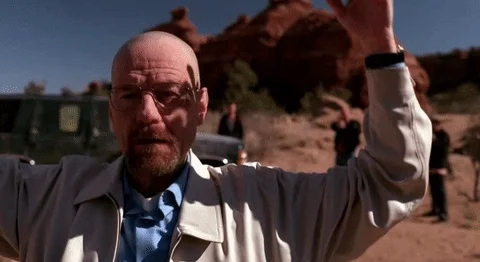
But what if this happens to YOU? Do you understand what it means to be "under arrest"? Do you know your rights?
Did you know?
"You're under arrest."
What happens now?
Remain silent. Nod to inform the arresting officer that you understand your Miranda Rights but otherwise, say nothing.
You'll be taken to the police station (probably in the back of a police car) where you will be fingerprinted and your photo will be taken. Don't be scared — this is standard procedure.
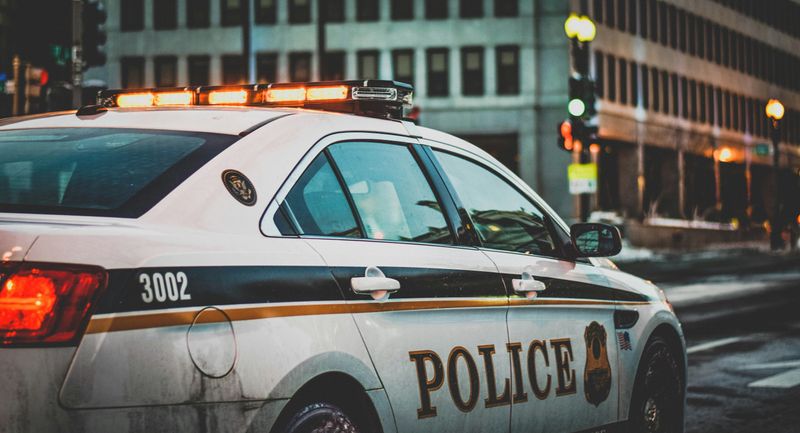 Photo by Matt Popovich on Unsplash
Photo by Matt Popovich on UnsplashWhat should you do (and not do)?
Don't resist (fight) arrest. Cooperate with the arresting officer. Always be polite.
Ask the police officers for the address of the police station. If you're with others when arrested (e.g. friends), be sure to tell them the address of the police station. You have the right to inform your friends of where you're being taken.
Quiz
True or False: You must talk to the police when you're being arrested.
Did you know?
"You have the right to an attorney."
The Sixth Amendment of the U.S. Constitution guarantees the right to an attorney.
But what if you can't afford to pay for an attorney? Don't worry! Remember the rest of Miranda Rights: "If you cannot afford an attorney, one will be provided for you." Legal representation is a right, not a privilege.
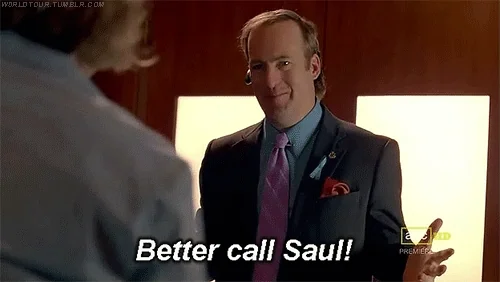
Who will be your attorney?
Public defenders are employed by the government to serve people who get into legal trouble but who don't have the money to pay a lawyer.
You can ask the arresting officer for a public defender.
Even if yo're arrested in the middle of the night, you still have the right to a public defender.
Quiz
What will happen after your arrest? Check all that apply.
Subscribe for more quick bites of learning delivered to your inbox.
Unsubscribe anytime. No spam. 🙂
"Bail is set for $."
The amount of bail depends on the severity of the crime committed.
For a non-violent crime, bail may be set at $500. A more violent crime may require bail of $10,000 or more.
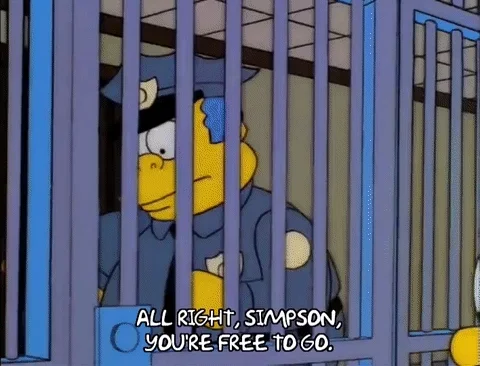
You don't have to pay the entire amount of your bail. It is acceptable to pay 10 percent of the bail.
Bail is non-refundable.
Quiz
True or False: You must pay 100% of the bail that is set.
"Will I have a permanent record?"
People are arrested for committing a misdemeanor or a felony.
Misdemeanors are non-violent crimes (shoplifting, first-time drug possession).
Felonies are the most serious (domestic violence, sexual assault, murder).
Both crimes can result in a fine (separate from your bail) and/or jail time.
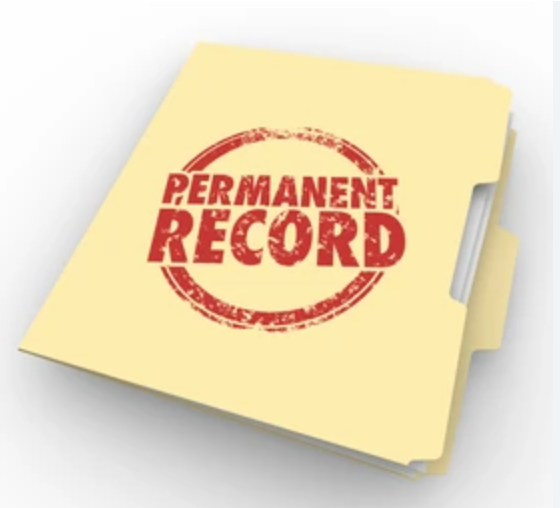 Image courtesy of Shutterstock
Image courtesy of Shutterstock
It is possible to have your arrest record expunged (wiped clean). Whether this happens will depend on the seriousness of the crime. If your arrest record is expunged, you may legally and truthfully state that you've never been arrested.
If your arrest record is not expunged, you must admit to having been arrested on future applications for employment.
Quiz
True or False: Being arrested means you'll have a criminal record forever.
Take Action
Your feedback matters to us.
This Byte helped me better understand the topic.

